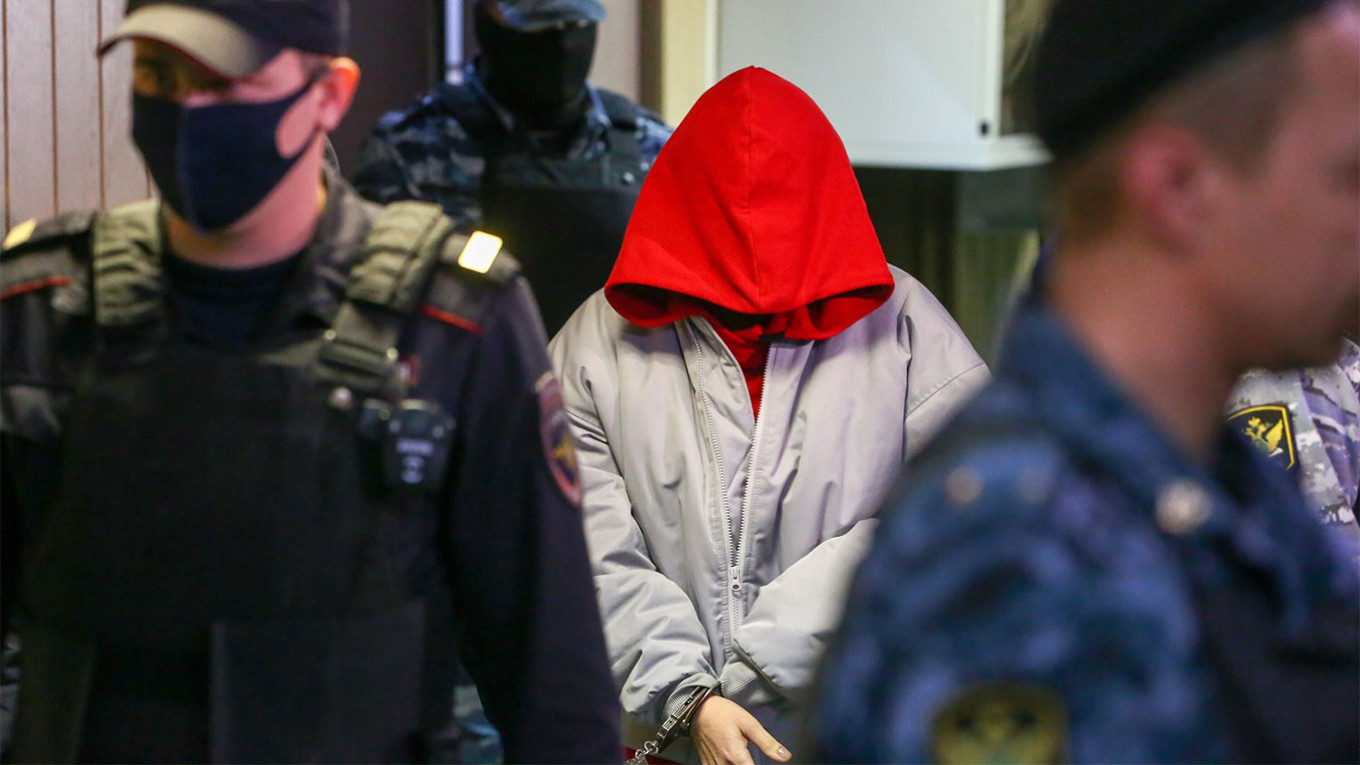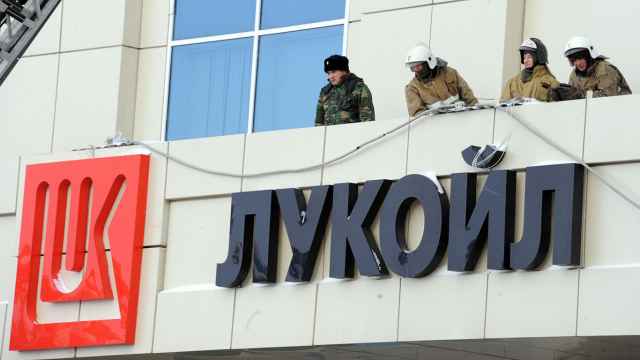Russian authorities are inspecting social media influencers' income for signs of tax evasion amid several high-profile cases against Instagram stars, the Vedomosti business daily reported Tuesday, citing unnamed sources close to the government.
Russia’s Federal Tax Service has reportedly been working to identify and notify tax-evading influencers whose earnings exceed 150 million rubles ($1.9 million) since early 2022.
The recent arrests of Russian Instagram stars who market self-help courses are the “public face” of these efforts, Vedomosti reported.
Experts estimated the total value of Russia’s influencer marketing and native advertising industry at 12 billion rubles ($150 million) in 2022.
Russia’s tax service is seeking to regulate the influencer industry with an ambitious 2023 target for the state budget, according to Vedomosti.
The Federal Tax Service and Finance Ministry have not publicly commented on the contents of Vedomosti's report, which the outlet said were confirmed by an unnamed source close to the tax service and a second source close to the cabinet of ministers.
The report comes days after law enforcement authorities arrested Yelena Blinovskaya, a popular life coach and self-help blogger, at the border on accusations of money laundering and failing to pay 918 million rubles ($11.3 million) in taxes.
Blinovskaya was placed under house arrest ahead of her trial and banned from using the internet.
On Tuesday, the Federal Tax Service appeared to have targeted yet another popular blogger, model Oksana Samoylova, after it suspended financial operations for two companies she owns, according to data from SPARK-Interfax.
Russia banned U.S. social media giant Meta — the parent company of Instagram, Facebook and WhatsApp — by declaring it “extremist” in the early weeks of its full-scale military operations in Ukraine.
Many Russians continue to access Instagram and Facebook through VPNs.
A Message from The Moscow Times:
Dear readers,
We are facing unprecedented challenges. Russia's Prosecutor General's Office has designated The Moscow Times as an "undesirable" organization, criminalizing our work and putting our staff at risk of prosecution. This follows our earlier unjust labeling as a "foreign agent."
These actions are direct attempts to silence independent journalism in Russia. The authorities claim our work "discredits the decisions of the Russian leadership." We see things differently: we strive to provide accurate, unbiased reporting on Russia.
We, the journalists of The Moscow Times, refuse to be silenced. But to continue our work, we need your help.
Your support, no matter how small, makes a world of difference. If you can, please support us monthly starting from just $2. It's quick to set up, and every contribution makes a significant impact.
By supporting The Moscow Times, you're defending open, independent journalism in the face of repression. Thank you for standing with us.
Remind me later.






